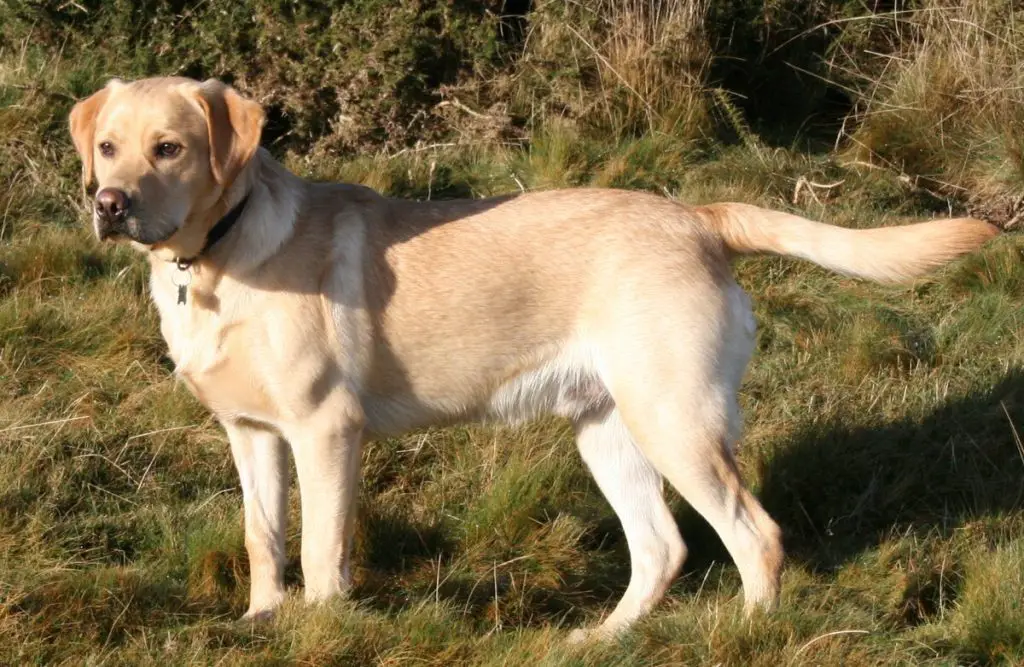With their bat-like ears, smushed faces, and compact bodies, French Bulldogs have charmed their way into the hearts of dog lovers across the globe. Originally bred in England to be miniature Bulldog companions, Frenchies have become one of the world’s most popular small dog breeds. Playful, affectionate, and full of personality, the French Bulldog makes an endearing and entertaining pet for the right owner.
Origins of the Breed
To understand the ancestry of the French Bulldog, we have to go back to 1800s England and the original Bulldog. Original Bulldogs were larger, stockier working dogs used for bull baiting, a now illegal blood sport. When baiting was outlawed in 1835, these proto-Bulldogs neared extinction.
Some Bulldog fanciers wanted to preserve the breed by crossing them with smaller terriers and pugs. The goal was to create miniature Bulldogs that could thrive as companions. By 1860, “toy” Bulldogs weighing under 16 pounds existed in England. It’s believed these miniature Bulldogs were bred with one or more small French dog breeds.
In the late 1800s, Nottingham lace workers emigrated from England to France, taking their petite Bulldogs with them. The dogs quickly gained favor with French aristocracy including Princess Marie Bonaparte. America imported its first Frenchies in the late 1880s. The French Bulldog Club of America formed in 1897 and the AKC recognized the breed soon after in 1898. Their popularity as entertaining companions took off from there.
The Clownish and Loving Frenchie Temperament
Few breeds have a personality as delightful as the French Bulldog. They’ve been described as the “clowns of the canine world” and for good reason. Frenchies display an endless array of amusing quirks and behaviors that never fail to elicit a laugh. They are playful, mischievous, and thrive on human interaction.
Despite their small size, Frenchies have huge personalities. They are sweet, loving companions that form close bonds with their people. They crave attention and affection. Owners should be prepared for lots of cuddling. Frenchies often attach to one main person. This can lead to demanding behavior and separation anxiety if left alone for long periods.
Frenchies get along well with kids, other dogs, and pets when properly socialized. They have moderate exercise needs but enjoy playing and going on walks. Their silly antics tend to provide plenty of in-home entertainment between walks. Those seeking a laidback lap dog will adore the good-natured Frenchie temperament.
The Distinctive Bat-Eared Frenchie Appearance
French Bulldogs weigh between 16-28 pounds and stand 11-13 inches tall. They are compact, muscular dogs with a short coat that requires minimal grooming. Hallmark features of the Frenchie include:
- Large, erect bat-like ears set high on the head
- Short, flat muzzle
- Large, expressive eyes
- Broad shoulders and deep chest
- Compact muscular body with a short neck and tail
- Wrinkly face and loose facial skin
Coat colors include fawn, cream, white, brindle, and brindle and white. Solid black or black and white coats are disqualified by the AKC breed standard. The Frenchie skull is rounded with a flattened face and short muzzle. This brachycephalic head shape can lead to breathing issues.
Frenchies often have serious health and whelping problems due to their large heads and slim hips. Most French Bulldog litters are delivered via artificial insemination and Caesarean section. Prospective owners should be aware of ethical breeding practices when searching for a Frenchie puppy.
Caring for Your Frenchie’s Health Needs
While their squished faces give them an endearing appearance, these features also lead to numerous health problems. As a brachycephalic (flat-faced) breed, French Bulldogs are prone to:
- Brachycephalic Syndrome – difficulty breathing due to narrowed nostrils, an elongated soft palate, and narrow trachea. Can lead to overheating.
- Dystocia – difficult births due to large head size and slim hips of the mother.
- Cherry eye – prolapsed third eyelid gland causing red swelling.
- Allergies and skin problems – can lead to chronic itchiness and infections.
- Patellar Luxation – dislocated kneecaps.
- Back problems – intervertebral disc disease and hemivertebrae.
French Bulldog health improves when ethical breeding practices are followed. Breeders should screen parent dogs for disorders and only breed dogs over 18 months old. Frenchie buyers should request proof of health testing.
Like any breed, regular veterinary care is key for health and longevity. An annual vet exam with bloodwork allows for early detection of conditions. Vaccinations and parasite prevention keep immunizations up to date.
Home care involves monitoring for any breathing issues and avoiding overheating. Keep walks and playtime to cooler parts of the day. Offer frequent water and air conditioned spaces to rest. Careful diets and exercise can prevent obesity which stresses joints and airways. With dedicated owner care, Frenchies can live 10-14 years.
Training Your Frenchie
French Bulldogs are moderately intelligent and respond well to training with proper motivation. Positive reinforcement techniques work best. Food rewards and praise keep these playful pups engaged. House training requires consistency and patience since Frenchies can be stubborn. Crate training assists in teaching bladder control.
Basic obedience training is a must to curb any unwanted behaviors. Frenchies may need help understanding commands at first but catch on quickly. Keep sessions short and upbeat. While they enjoy pleasing their people, Frenchies can shut down or get stubborn if sessions drag on too long.
Due to their sensitive respiratory systems, French Bulldogs cannot tolerate long walks or intense exercise. However, they still require regular moderate activity to prevent obesity. Short walks, play sessions, or romps in a secure yard allow a Frenchie to expend energy. Their exercise tolerance improves when kept in lean body condition. Mental stimulation through play, training, and toys also tires them out.
Pros and Cons of French Bulldog Ownership
Like any breed, French Bulldogs come with their share of advantages and drawbacks. Consider the pros and cons below to decide if this breed fits your lifestyle:
Pros:
- Small, low energy size suited to apartments or small homes. Minimal exercise needs.
- Thrives on human interaction and companionship. Very affectionate and loving.
- Playful and silly. Natural clowns that make entertaining pets.
- Minimal grooming requirements. Short, easy care coat.
- Gets along well with children, pets, and strangers when socialized properly.
Cons:
- Prone to heat stroke and breathing issues due to brachycephaly. Sensitive to temperature extremes and exercise.
- Stubborn personality can make training challenging at times.
- Susceptible to numerous genetic health disorders. Must screen breeders carefully.
- Prone to separation anxiety and demanding behaviors without proper training and attention.
- High vet costs due to breeding necessitating artificial insemination, c-sections, and increased health issues.
- Gassiness and snoring due to flat face structure.
The Perfect Home for a Frenchie
French Bulldogs thrive in homes with:
- Owners who can be home often to provide attention, play, and training
- Older children who understand how to properly handle dogs
- Access to air conditioning and plenty of fresh water
- Tolerance of snoring, flatulence, shedding, and snorting sounds
- Appreciation for silly, clownish personalities
- Willingness to provide proper exercise and training
- No other flat-faced dog breeds that could exacerbate health issues
French Bulldogs do best in stable, loving environments where they receive plenty of attention and aren’t left alone for long periods. They should be indoor dogs since they do not tolerate temperature extremes well. Homes without very young children are best, as Frenchies may get accidentally injured. Their perfect home is one filled with love, laughter, and good care.
Is the French Bulldog the Right Breed for You?
The French Bulldog’s distinctly amusing personality and appearance make the breed a standout choice for many dog lovers. But their breed-related health issues and high-maintenance natures give prospective owners much to consider.
Lovers of the Frenchie’s unique look and lively antics may find the breed’s cons worth it for their captivating temperament. Those seeking a robust, highly athletic breed may wish to look elsewhere. Families should carefully consider if they can meet the breed’s substantial care needs.
For the right owner, the spunky, affectionate French Bulldog can make a delightful companion. But do your homework to determine if their health, grooming, and lifestyle needs fit with your own. Meet the parents of any puppy to assess full-grown temperament. Discuss breed traits honestly with reputable breeders.
If properly raised, socialized, and cared for, a French Bulldog will reward you with years of amusing antics and steadfast companionship. But prospective owners must enter the responsibility with eyes wide open to the breed’s extensive care requirements and tendency for health problems. Ultimately, commitment to proper husbandry allows the magnificent Frenchie personality to shine through.

